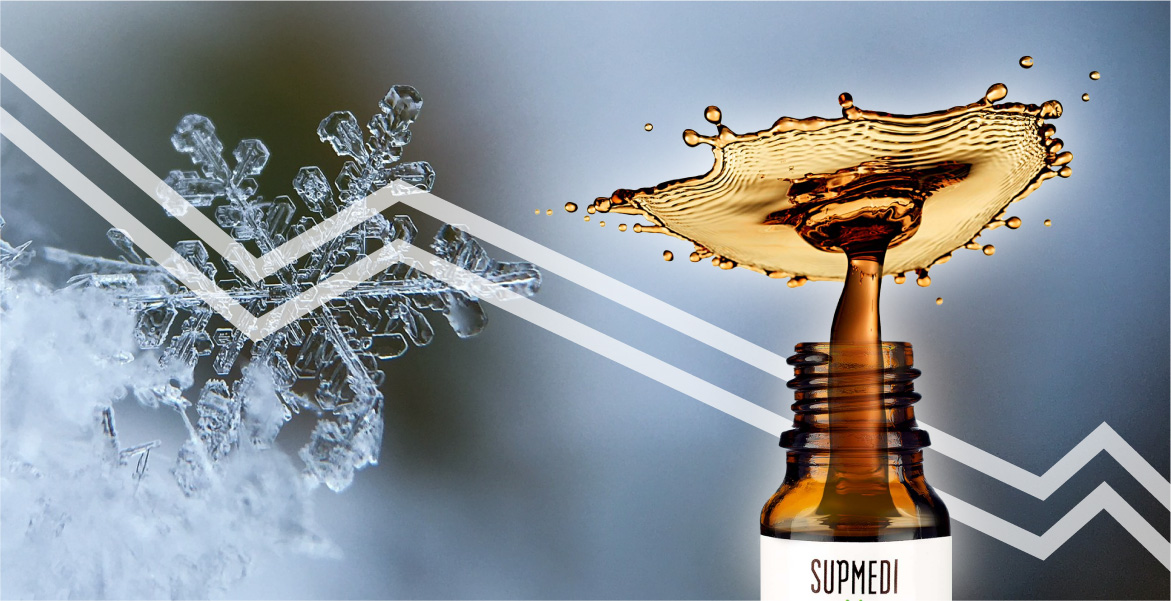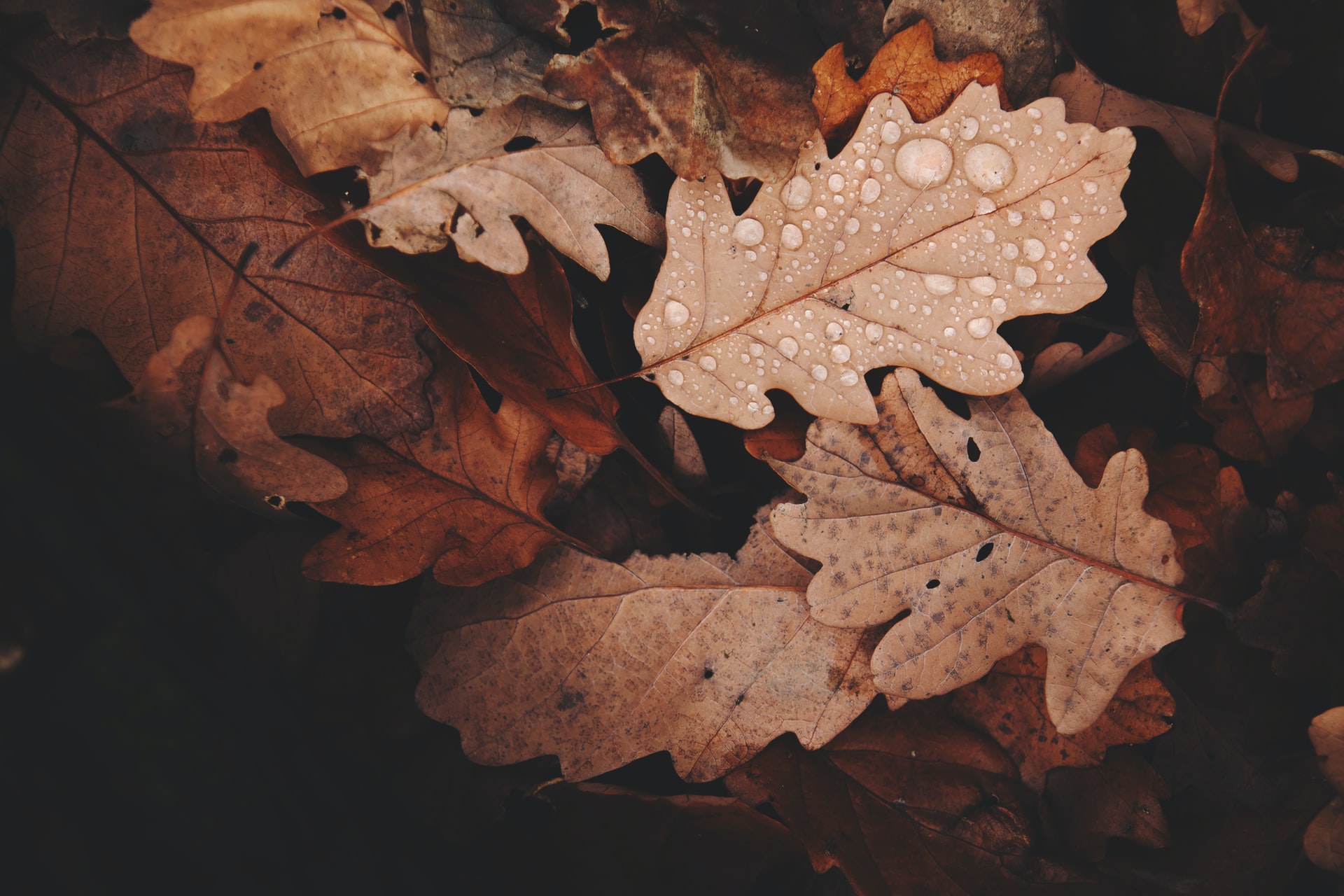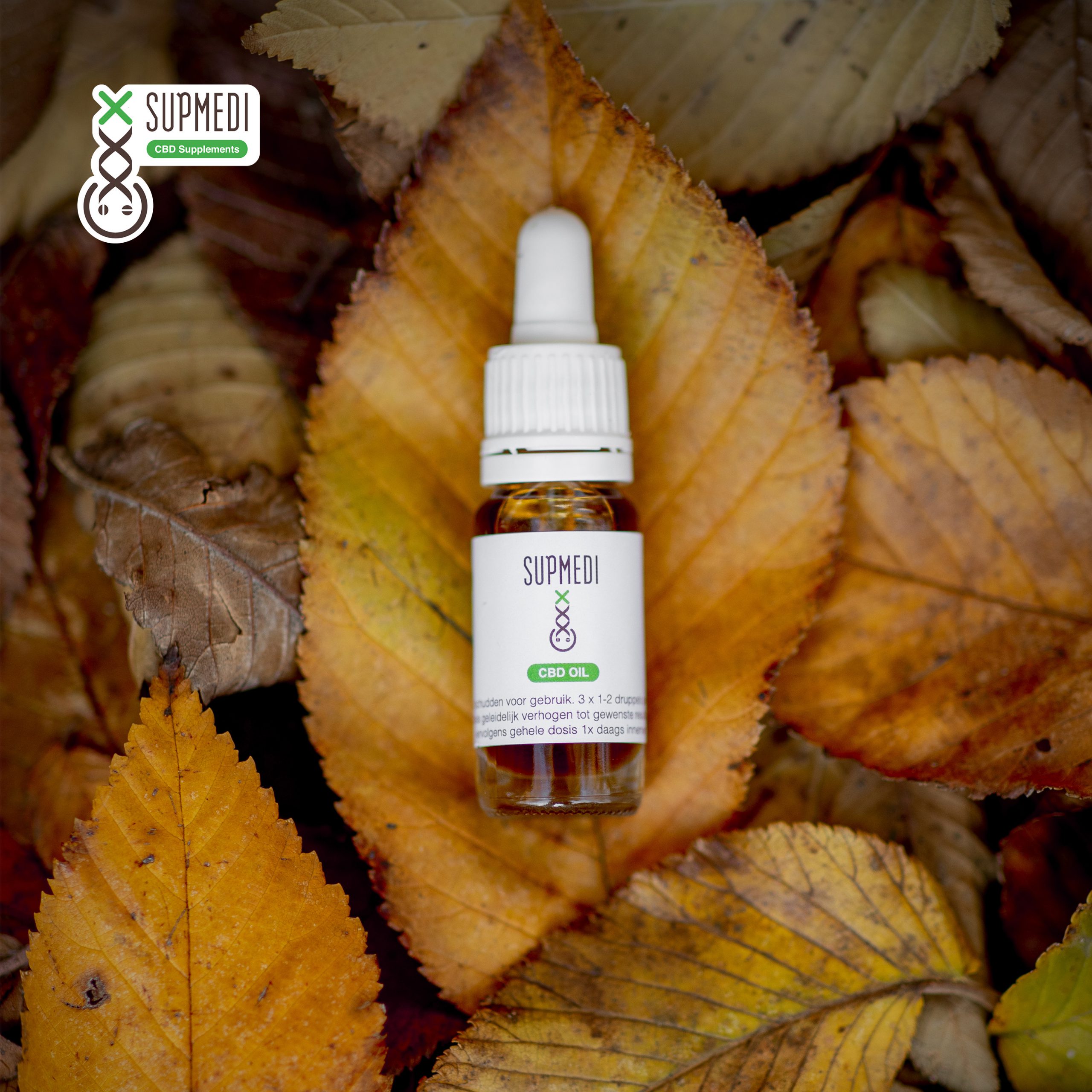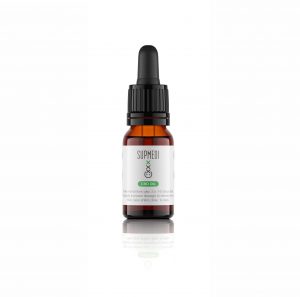
CBD Oil For Seasonal Depression And SAD
5 November 2021The cold wind and rain are here and the days are growing shorter again: autumn’s back! For some, the fall is a wonderful season of long walks in the woods and sipping hot chocolate. Unfortunately, for many other people, autumn marks the start of Seasonal Affective Disorder (SAD) or Seasonal Depression. Reduced exposure to daylight can disrupt our internal balance. That makes us feel tired, listless and depressed, causing social withdrawal, excessive sleeping. So how can CBD Oil help counter SAD and seasonal depression? This blog explains.
Seasonal Affective Disorder Or Depression?
Seasonal depression or seasonal affective disorder are naturally linked to the winter season. Many people can feel the effect coming every year by the onset of autumn, with symptoms peaking in winter. For most of them, SAD and seasonal depression only fade with the arrival of spring half a year later.
Fortunately, seasonal affective disorder is the more common and less severe variant of seasonal depression. SAD does not involve all the symptoms of actual depression, but it can nonetheless make people feel decidedly miserable.
Sadly, the exact causes of seasonal depression and seasonal affective disorder are not yet fully understood. We do know that women are more likely to encounter either condition than men.

What Is SAD And Seasonal Depression?
Although we don’t know the exact causes of SAD and seasonal depression, lack of sunlight seems to be an important factor. Sunlight is crucial for keeping our biological clock in working order. Right in the middle of our brain lies a structure known as the pineal gland. Sunlight triggers this gland to produce compounds that regulate our internal clock. One of these compounds is melatonin, also called the sleep hormone. Normally, our brain only releases melatonin at night, making us drowsy and paving the way for a good night’s sleep. People affected by SAD or seasonal depression, however, produce melatonin all day long. This makes them feel more tired, but it also disrupts their overall hormonal balance. This can affect their appetite, general mood, and ability to focus.
Seasonal affective disorder and depression are also claimed to negatively affect chemical processes inside the brain. Certain key chemicals, including serotonin, become less effective in the absence of sunlight. This implies that receiving more sunlight would reverse the neurological effects of SAD and seasonal depression and make you feel better; a rationale that underpins the use of light therapy.
SAD Risk Factors And Symptoms
As mentioned earlier, the exact causes of seasonal affective disorder and depression are still unclear. Researchers have identified certain groups of people that are more at risk than others, however. Risk factors include sex, history of occurrence among relatives, other types of depression, and one’s proximity to the equator.
The list of SAD symptoms is long, because the condition affects nearly all aspects of daily life. The most common symptoms include:
- Sadness and listlessness;
- Irritability and difficulty focussing;
- Extreme fatigue, excessive sleeping and waking up feeling tired;
- Craving for carbohydrates and sugary foods, weight gain;
- Feeling depressed and anxious;
- Lack of symptoms in spring and summer.
Tips Against Seasonal Depression
Below is a list of actions anyone can take to counter seasonal depression symptoms.
- Be prepared. Start preparing the moment you notice the first signs of seasonal depression or SAD. The first three to four weeks are the best time to prevent SAD from turning into a full-blown seasonal depression. Light therapy is a good countermeasure anyone can try at home. This involves exposure to a special sunlight lamp for thirty minutes at the start of each day. This appears more effective than various kinds of medication, as long as you do it every day and stick to a strict lighting routine.
- Start right away. Those crucial first three to four weeks are an opportunity to build a buffer for the worst of the symptoms that may lie ahead. Take the time to plan activities that make you feel good. This could be anything from a nice physical workout to enjoying social gatherings with close friends. The more positive vibes you manage to store in that buffer, the merrier!
- Go out. Even though your instincts may tell you to hide under your blankets and hibernate, do the opposite! Plan daily walks in the open air that take 20 minutes at least. Experts agree that time spent outdoors can really help fight seasonal depression.
- See a doctor. If your symptoms get worse, or if you are experiencing severe depression symptoms, be sure to visit your doctor. Your own doctor can be a valuable source of professional advice, guidance and support, as well as a referral for finding further help.

How CBD Oil Can Help With SAD And Seasonal Depression
CBD (cannabidiol) is a natural hemp compound that interacts with our body’s endocannabinoid system (ECS). The ECS ensures that all of the body’s internal processes and systems run in smooth synchrony. These processes include our emotions, perception of pain, and sleeping and waking cycles, to name but a few.
The ECS produces endocannabinoids: compounds capable of influencing our cell receptors. (Endo-) cannabinoids can activate or inhibit specific cells. Whenever our body is out of balance, these endocannabinoids can help restore it to reduce associated symptoms and health issues. These issues include sleeping problems and depression symptoms, two of the main signs of SAD or seasonal depression. Consequently, if CBD Oil can help control low moods and regulate our circadian rhythm, it could be a natural means of keeping seasonal depression bearable. Together with the tips mentioned above, CBD Oil could help you through the worst of the winter, with hardly any side effects and without making you high, as some people still falsely assume.
Endocannabinoids are produced by the body itself, but our receptors also respond to plant-based cannabinoids such as CBD drawn from hemp. The ECS makes no distinction between the two. This allows CBD Oil to help restore balance to our physiological processes, and thereby help reduce the symptoms of SAD and seasonal depression.

Preventive Dose Or Extra CBD Oil For Seasonal Depression?
Anyone deciding to try CBD supplements will have to determine their personal ideal cannabidiol dose. CBD works differently for every individual, and the reasons for using CBD are always personal. That makes it impossible to predict how much CBD Oil you need on a daily basis to get to grips with seasonal depression.
Finding your ideal CBD dosage is important. Start out with low doses and gradually increase these until you start to notice positive effects. For most people, between 20 and 40mg per day is a good initial advisory dose. Overdosing on CBD is extremely unlikely, but you can notice adverse effects if you take too much at once. Signs include dry mouth, dizziness, nausea, drowsiness, and reduced appetite. If you notice these signs, decrease your dose down to the point where you didn’t feel any side effects yet.
If you were already using CBD Oil, you could try and increase your daily dose as soon as you notice the early signs of seasonal depression.
Although Full Spectrum CBD Oil drops are a great way to reach your daily dose, you could also give our other CBD supplements a try. Our CBD Gummies taste great and are convenient to use on the go. And if you’re still looking for ways to enjoy the cold months of the year, why not try making your own cup of hot coco with our CBD Hot Chocolate Spoon?








